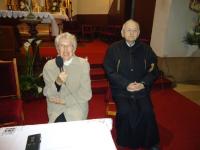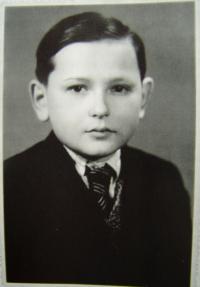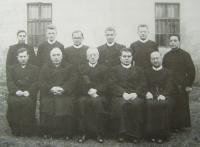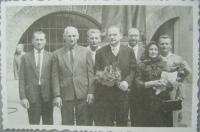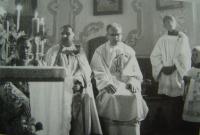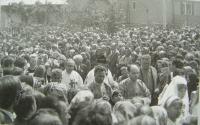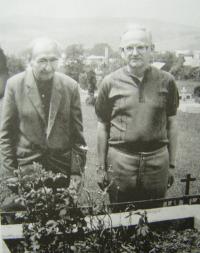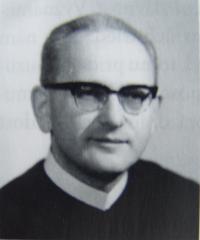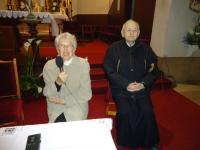Remain faithful in vocation
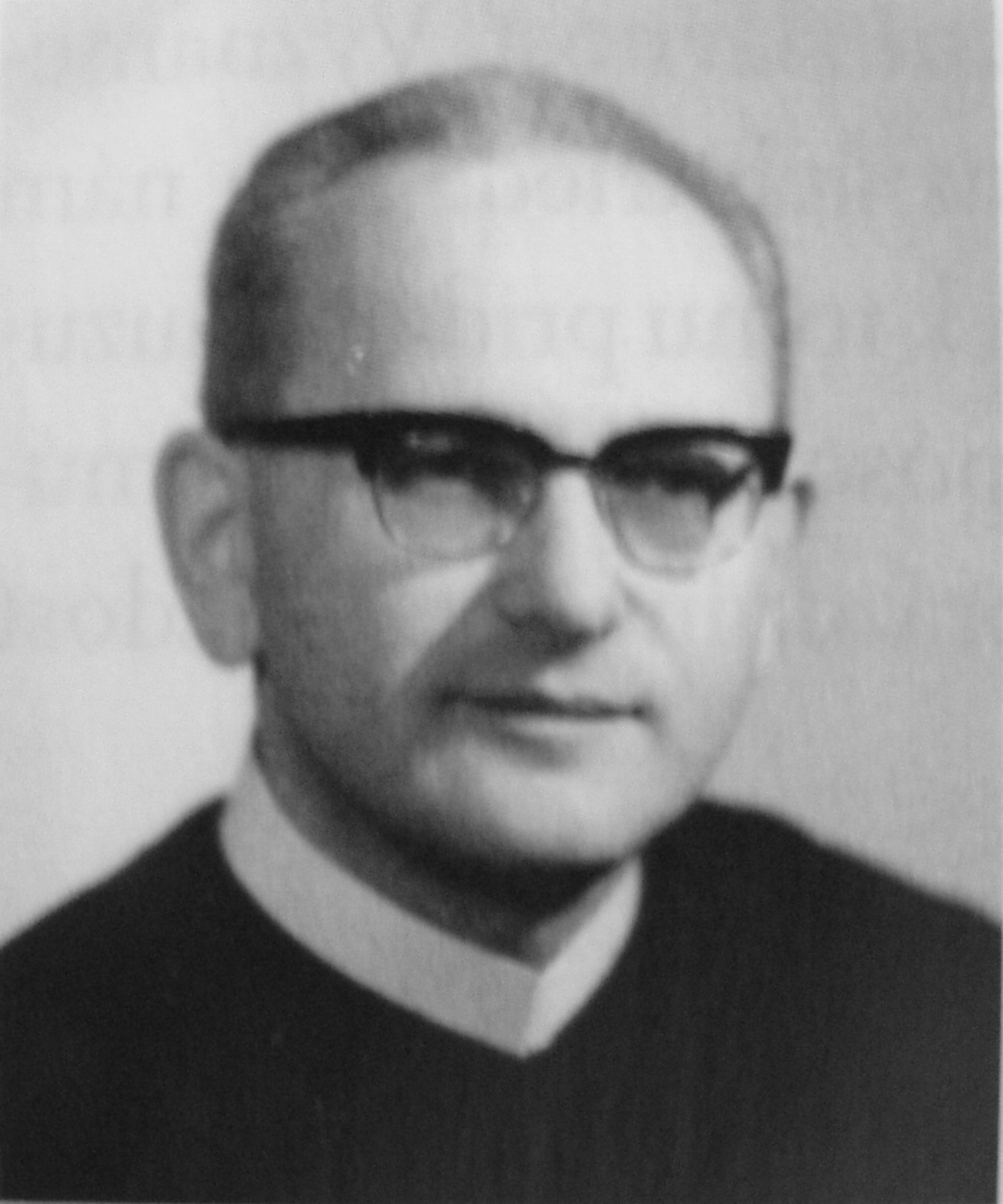
Download image
Ján Janok was born on March 2, 1929 in the village of Dlhé Klčovo in the Vranov nad Topľou district. He was raised in a very religious family. He attended the elementary school in his native village. Later, he left for Bratislava, where he attended the grammar school. When he was there, he was staying in the Redemptorist monastery, where his uncle lived. Later, Ján Janok decided to join the Redemptorist order. After the notorious Action “K”, which was aimed to liquidate the monasteries, he and the other young confreres were interned in the concentration monastery in Králíky (Ústí nad Orlicí disctrict) for several weeks. Then he enlisted and spent over three years in a unit of the Auxiliary Technical Battalions in Hájniky (at present Sliač near Zvolen). After being separated from the army, he started working for the construction company called Stavoindustria and settled in Bratislava. Additionally, he still kept in touch with the members of the Redemptorist order. By the decision of his religious superiors he enrolled for the medical studies in Prague in 1955. After the graduation, actually from the year 1961, he worked as an epidemiologist in Bardejov. In 1968, in the period of certain loosening in society, he was accepted for the theological studies at the faculty of theology in Litoměřice. After the graduation, Ján Janok was ordained a priest in 1971 and till 1979 he did the pastoral work in Bohemia. In the year 1979 he became a chaplain in Košice and later a chancellor of the Košice diocese. Since 1990 he has lived and worked in the Redemptorist monastery in Bratislava. He was elected the vice provincial of the Slovak Redemptorist Vice Province in 1986 and in 1990.
